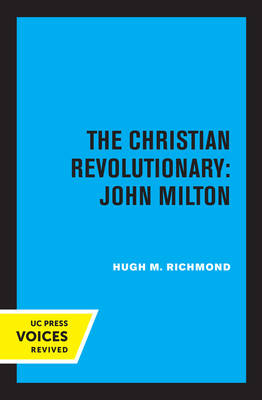
- Retrait gratuit dans votre magasin Club
- 7.000.000 titres dans notre catalogue
- Payer en toute sécurité
- Toujours un magasin près de chez vous
- Retrait gratuit dans votre magasin Club
- 7.000.0000 titres dans notre catalogue
- Payer en toute sécurité
- Toujours un magasin près de chez vous
67,95 €
+ 135 points
Format
Description
The Christian Revolutionary offers a profound and reflective exploration of the shifting perception of classical art, its cultural resonance, and its philosophical underpinnings. Through evocative descriptions of the Parthenon and its surrounding landscape, the text delves into the intricate interplay between historical reverence and contemporary disillusionment. The author examines how classical art, once heralded as the pinnacle of intellectual and artistic achievement, is increasingly seen as remote and academic by modern audiences. Against the backdrop of changing cultural values and a growing skepticism of idealism, the book invites readers to ponder the enduring relevance of Greek art and its unique commentary on life, intellect, and harmony. This work is more than a critique of cultural shifts; it is a meditation on the contrasts between ancient and modern worldviews. It juxtaposes the Greek aspiration for intellectual and aesthetic purity with the modern embrace of complexity, imperfection, and personal expression. Through the lens of the Parthenon--both as a physical structure and a symbol of philosophical ideals--the book challenges readers to consider how art reflects the spirit of its age and how the ideals of the past might illuminate the uncertainties of the present. The Christian Revolutionary is an intellectually rich and deeply poetic exploration that will captivate readers interested in philosophy, art history, and the timeless dialogue between antiquity and modernity. This title is part of UC Press's Voices Revived program, which commemorates University of California Press's mission to seek out and cultivate the brightest minds and give them voice, reach, and impact. Drawing on a backlist dating to 1893, Voices Revived makes high-quality, peer-reviewed scholarship accessible once again using print-on-demand technology. This title was originally published in 1974.
Spécifications
Parties prenantes
- Auteur(s) :
- Editeur:
Contenu
- Nombre de pages :
- 216
- Langue:
- Anglais
Caractéristiques
- EAN:
- 9780520308640
- Date de parution :
- 13-05-22
- Format:
- Livre broché
- Format numérique:
- Trade paperback (VS)
- Dimensions :
- 133 mm x 203 mm
- Poids :
- 231 g

Les avis
Nous publions uniquement les avis qui respectent les conditions requises. Consultez nos conditions pour les avis.






